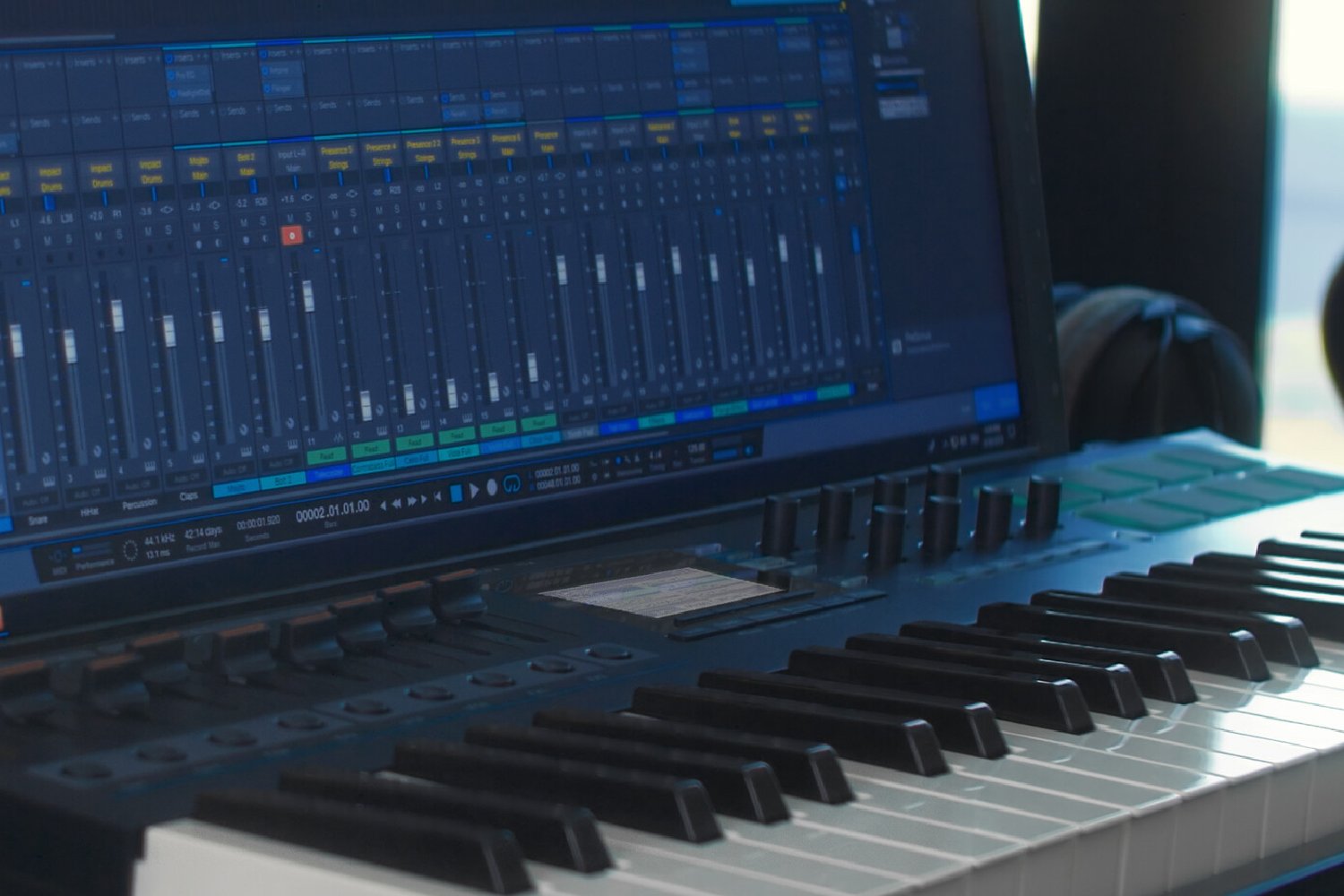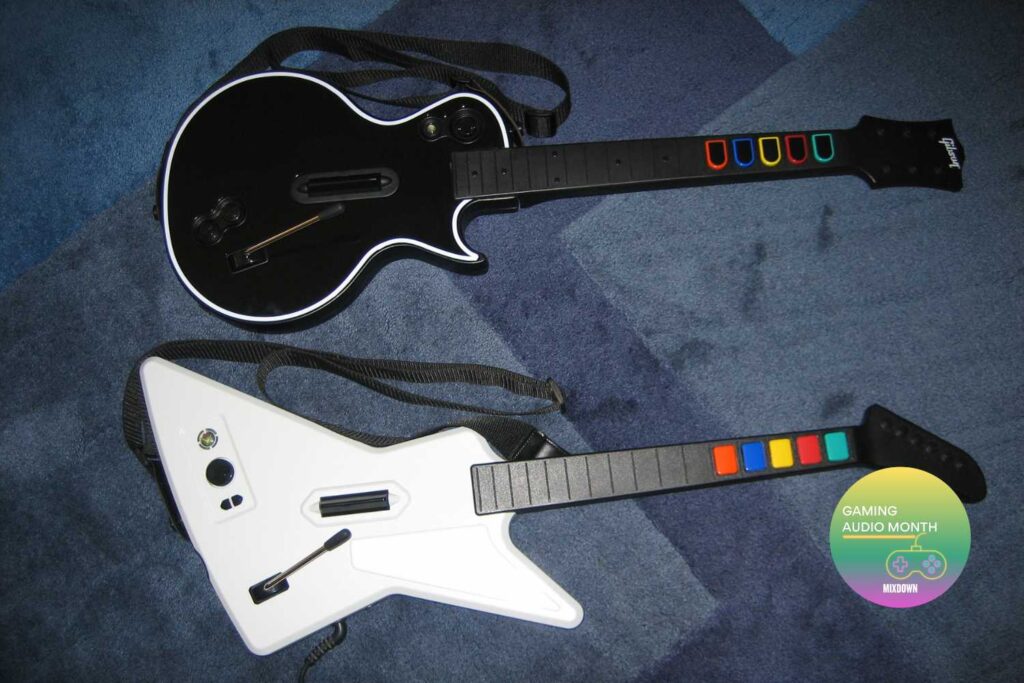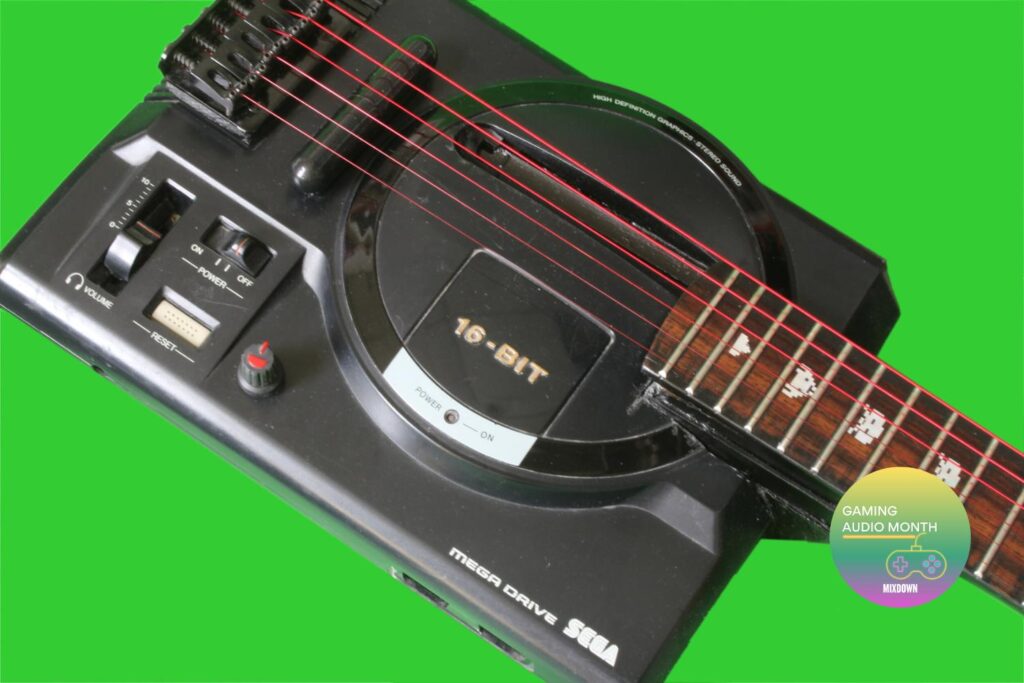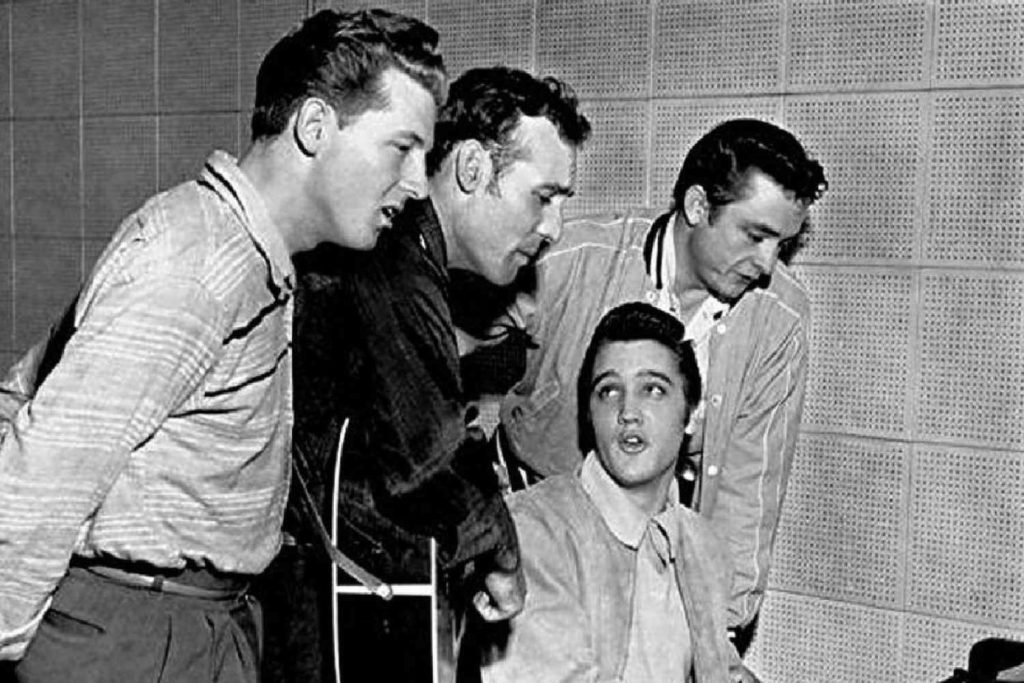A chat with Christopher Steller, Musician and Product Specialist at Sound and Music, the Australian home of Nektar controllers, about the state of modern audio technology.
In case you haven’t realised it, we live in an increasingly digital world, and in no space is this more apparent than in the modern audio curriculum. Audio professionals who completed their training prior to 2010 would have undergone a vastly different experience to students in the present day. Although there will always be a place for the fundamentals of open air recording, with increasing emphasis on electronic and in the box loop based production styles, the importance of developing a nuanced and thorough understanding of MIDI protocols, electronic composition and mapping, has never been more relevant to the audio education space.
Read up on all the latest interviews here.
Mixdown recently had the opportunity to chat to Christopher Steller, Musician and Product Specialist at Sound and Music (the Australian home of Nektar controllers), about the state of modern audio technology, where we’re headed and the importance of prioritising one’s understanding of MIDI fundamentals in the current zeitgeist.
“In the prehistoric days of analog synthesizers, there weren’t an awful lot of people doing it, so I picked up all of this knowledge just working with them myself,” explains Chris from Sound and Music’s Moorabbin HQ.
“Back then we didn’t have things like instant recall and saveable presets and all the things we take for granted in modern VST’s, so learning to make this kind of music took on much more of a measured workflow, which meant there was an onus placed on hard skills in the electronic production space.”
Chris knows what he’s talking about. An industry veteran who has been working in the musical instrument and electronic production space since the late seventies, he has borne witness to the complete birth cycle of the kinds of technology that students today take for granted. This extends beyond just basic DAW functionality, and into the increasingly complex world of tactile workflows and haptic functions in the MIDI, space and the ways in which MIDI controllers (particularly those operating across a traditional piano layout) allow for so much in the way of mapping and triggering, as well a providing a familiar home base from which to compose from.
“I believe that having more tactile control and flexibility over the development of music and sounds leads to more creativity,” he ventures.
“The more access to knobs, dials, and sliders, the more creative one can be. I find that working with software and a mouse slows down the creative process. But with a tactile experience and the ability to adjust parameters on the fly and record them into automation, the creative experience takes off.”
As is so often stated, a spoonful of sugar helps the medicine go down, and for Chris, much of the secret to better MIDI education comes from the ease with which the hardware interfaces with our digital host, with an end goal of providing the most user-friendly experience possible for budding audio and composition students. This is where layout and product design enter the chat.
“When you think about what functions you use most, they’re the same functions that most people use most, regardless of experience level. I want to be able to open and close my mixer page, I want to be able to fast forward and rewind, set up loop points and things like that from the hardware.”
“I want to be able to switch between tracks. Changing patches in plugins, even access to simple things like the volume control of each individual track makes a huge difference.”
What Chris is talking about here is precisely where MIDI controllers appear to be heading, with an ever increasing blurring of the lines between MIDI keyboard and DAW controllers proving an inevitable industry standard for the future. This is where products like Nektar’s own LX MINI find themselves on the front foot.
“They simplify the creative process. Once a student is familiar with a couple of the basic functions on their controller, they can bypass the ‘on-screen’ thought process and get straight into the important bit, which is making the music, being creative, being artistic.”
“There’s processes that everyone goes through when they’re actually being creative. Minimising or simplifying the steps is central to actually getting your flow on. If you are able to integrate your DAW and your MIDI composition device into something like this with such a small footprint, the workflow benefits speak for themselves. As an Audio or Composition student, these little habits become vital moving forward.’
Dry workflow benefits aside, there is also a cutting edge, creative element to the new range of Nektar products, particularly as it pertains to haptic and expressive capabilities.
“In terms of expression, as well as the responsive knobs and pads, they’ve opted for a 4 in 1 modulation joystick on the Impact LX-MINI. This can be set in a number of different increments to maximise expression at the hardware level.”
Even the most fervent of purists will agree that in the box workflows aren’t going anywhere. While there is always a place for the classic school of recording, with its emphasis on electroacoustics, phase relationships and open air recording, the amount of creative freedom afforded by modern hardware like the aforementioned LX-MINI, and Nektar’s entire range for that matter, is hard to deny. The increasing integration found within the controller space has ushered in an era of uninhibited creativity, which is being taken full advantage of by the current wave of Audio and composition students. The embrace of MIDI protocols, electronic composition and mapping within the audio engineering education curriculum is a vote for the thrilling evolution of production; a welcome acknowledgement of the increasingly digital future we are already rocketing towards.
For more information about Nektar controllers, head to Sound and Music.






